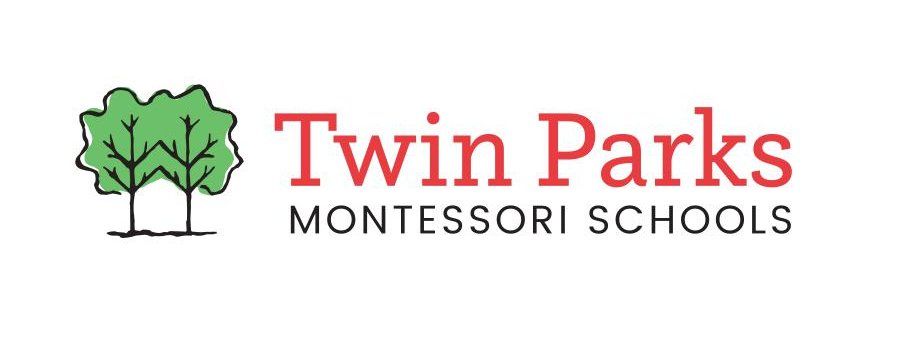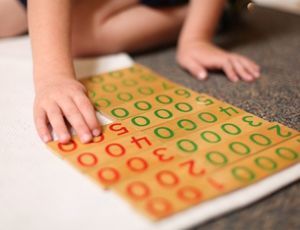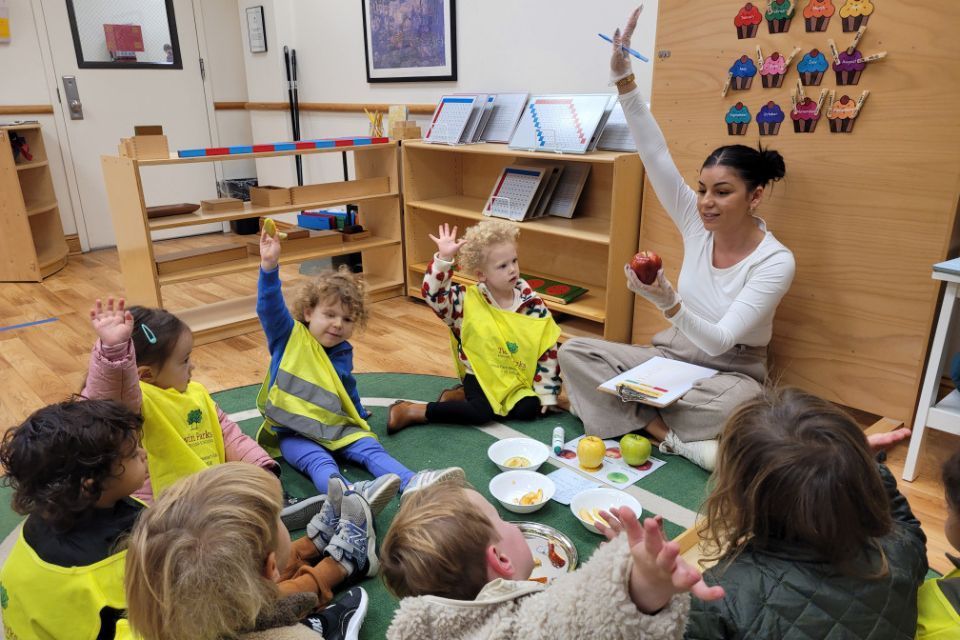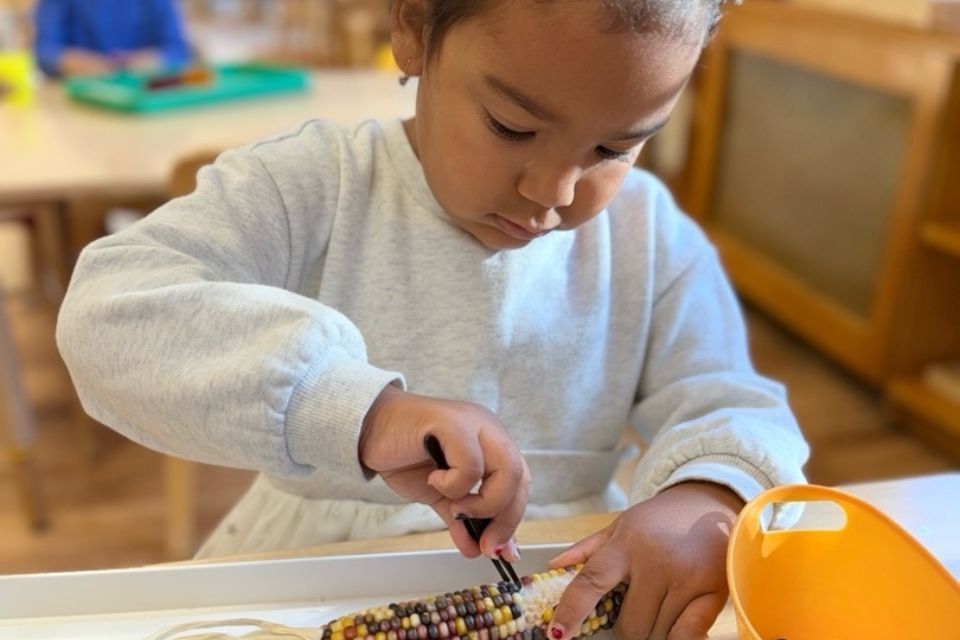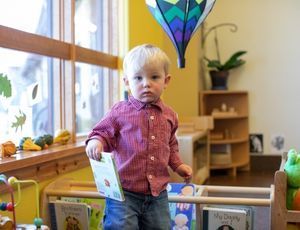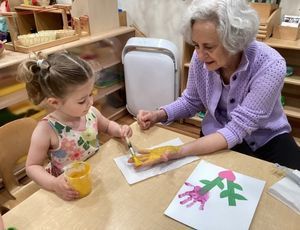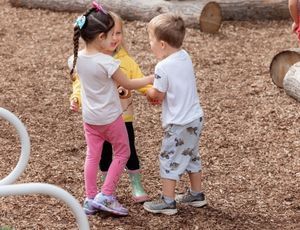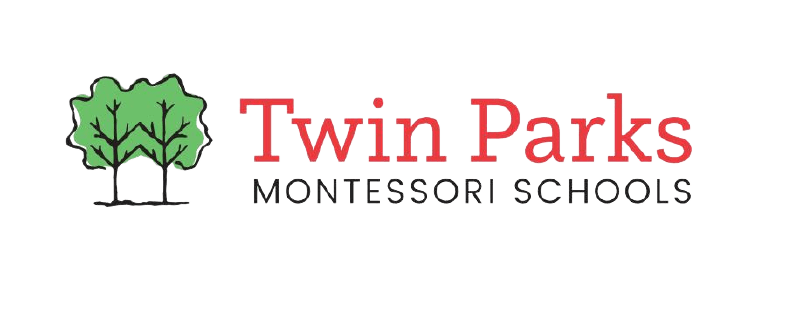Blog
PROGRAMS
OUR CAMPUSES
Central Park Montessori School
1 West 91st Street
New York, NY 10024
Park West Montessori School
435 Central Park West
New York, NY 10025
Riverside Montessori School
202 Riverside Drive
New York, NY 10025
© 2026
Twin Parks Montessori Schools
